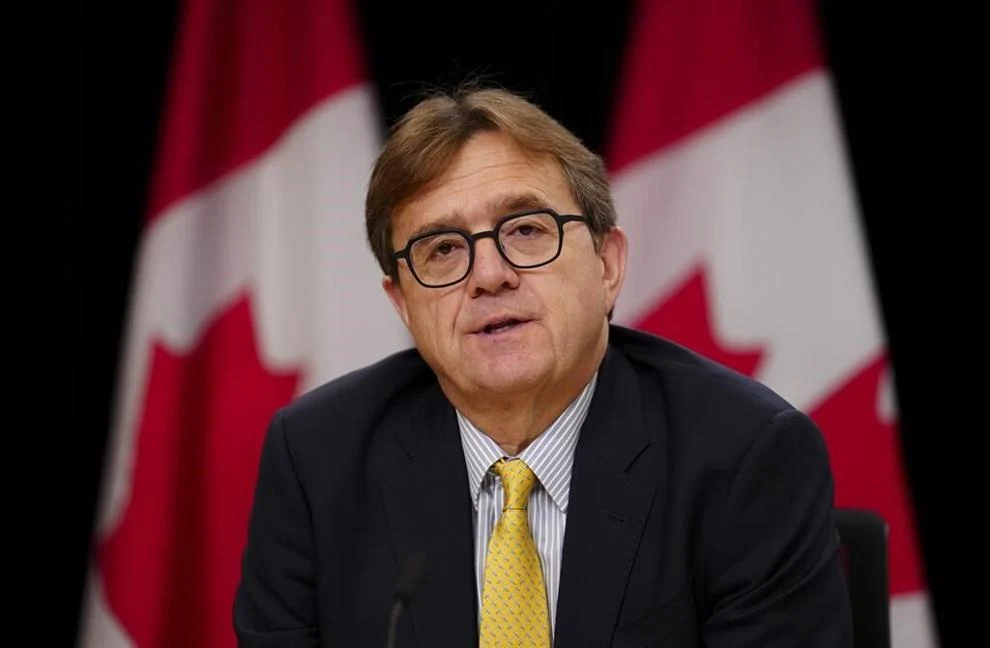
Energy and Natural Resources Minister Jonathan Wilkinson speaks during a press conference at the National Press Theatre in Ottawa, Tuesday, May 7, 2024. Wilkinson says carbon capture technology is not too expensive or ineffective. Wilkinson is defending carbon sequestration systems after a high profile project in Alberta was abandoned over its price tag. THE CANADIAN PRESS
Canada's energy minister, Jonathan Wilkinson, has come forward to advocate for the effectiveness and affordability of carbon capture and storage (CCUS) technology, following recent developments in Alberta. His defense comes amidst concerns raised by a cancelled project and revelations of public subsidies covering a significant portion of another project's costs.
Wilkinson emphasized the advancements in CCUS technology, stating that it is becoming more cost-effective over time, akin to the evolution seen in other technologies. While acknowledging challenges related to scale and cost, he emphasized ongoing progress in these areas.
CCUS systems, which capture carbon emissions at the source and store them underground, are considered crucial in Canada's climate strategy, particularly given the nation's reliance on oil and gas. The government anticipates significant emissions reductions through CCUS, contributing to climate targets.
However, recent data reveals complexities in implementing CCUS initiatives in Canada. Despite the potential benefits, challenges such as project economics and uncertainties surrounding carbon pricing mechanisms have emerged.
A recent national emissions report highlighted the limited success of CCUS efforts in Canada, with the majority of carbon capture occurring at Shell Canada's Quest CCS facility. While this project received substantial subsidies, a Greenpeace study raised concerns about the sale of carbon credits, indicating discrepancies in credit allocation.
The cancellation of a $2.4-billion carbon capture system by Capital Power underscores the economic challenges facing such projects, despite government incentives. The decision reflects doubts about the project's feasibility, exacerbated by uncertainties surrounding carbon pricing policies.
Wilkinson, however, remains optimistic about the future of carbon capture technology, emphasizing diverse approaches in different sectors. He downplays the significance of the cancellation, suggesting that alternative pathways exist for meeting clean energy regulations.
Meanwhile, the Alberta government attributes the decision to cancel the project to delays in implementing the federal carbon capture tax credit, highlighting the need for regulatory certainty.
The fate of carbon capture initiatives in Canada remains uncertain, contingent upon regulatory frameworks and ongoing technological advancements. Despite setbacks, proponents like Wilkinson remain hopeful about the role of CCUS in achieving climate goals.















